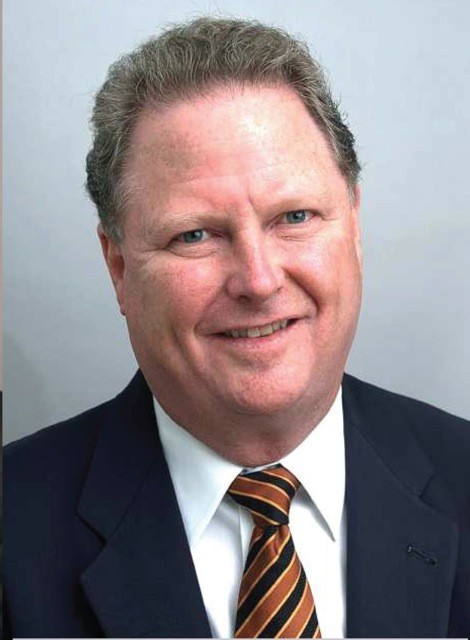
With that pesky controversial sale of the Orange County Fairgrounds out of the way (or so we hope), it seems the time for bridge building. Relationship mending. Or pointing out any inaccuracies in any accusations that may have been fired off since the land was put on the auction block by then-Governor Arnold Schwarzenegger in May 2009.
David Ellis opted for the latter.
You remember Ellis, don't you? The chairman of the board of directors to the OC Fair & Event Center; the businessman with the scandalous background; the favorite punching bag of the Preservation Society; the guy who wouldn't comment when the Weekly was reporting its cover story about the sale. Yeah, that guy. Well, Ellis is talking now: “I get to choose when I comment and when I don't comment,” he said during a recent conversation, explaining why he wouldn't return phone calls or emails for months. (According to Ellis, it was a blanket decision, pushed by fellow board member, Kristina Dodge.) He then did something more surprising than calling: he invited us into his office to view highly sought after documents: the articles of incorporation, the bylaws and all the other jargon for the controversial OC Fair & Event Center Foundation.
]

The document has 71 pages in total, and lays out the structure of the non-profit foundation Ellis and his fellow Fair Board members tried to create. They had hopes of purchasing the Fairgrounds when they were up for sale. The foundation's creation was done quickly and quietly. The document shows that it was incorporated on July 24, 2009, with the signature of the Secretary of State, Debra Bowen. The public wouldn't have any knowledge of the foundation's existence until more than a week later. The immediate response was one of distrust–if the fair board was being so secretive about creating the foundation, what was it trying to hide?
As Ellis conveyed in his initial phone call, the documents clearly show that members of the foundation are unable to profit financially from the fairgrounds. All the proper legal jargon pertaining to conflicts of interest, non-disclosure and non-competition are in there. Among the 20 pages of bylaws, it states that the board members would receive no compensation, but they would be granted tickets to the Pacific Amphitheater.
“It was modeled after Los Angeles,” says Ellis, referring to the non-profit foundation that oversees the Fairplex. The goal, as Ellis claims, was to try to run the fairgrounds more “like a business.” Of course, that statement can be interpreted in various ways.
Ellis acknowledges that the Fair Board has made mistakes in recent months. He called the rushed-attempt at a New Year's Day meeting a “debacle,” orchestrated by the governor. And he insisted that the appraisal of the 110 acres of land that everyone was seeking was never determined. Ellis says the process was initiated, and yes, money was spent, but the process was terminated.
Ellis doesn't understand the public apprehension toward the Fair Board's various movements. He referred to his colleagues as “stand-up members of the community,” and asked what would seem a valid question: “do you really think they're going to squander everything they're created for themselves over a volunteer position?”
As for the negative attention on his own past–Ellis considers it “fair game.”
“I'm an aggressive Republican,” he said, “and I win a lot. Some people don't like that.”
If, in fact, the fairgrounds are going to remain state-owned and public-operated land, that's a reputation he'll need to work on.

